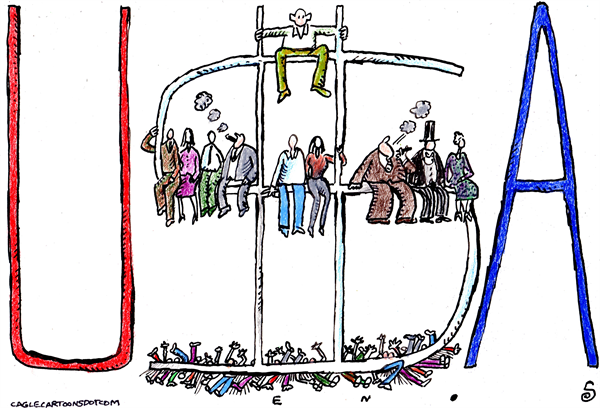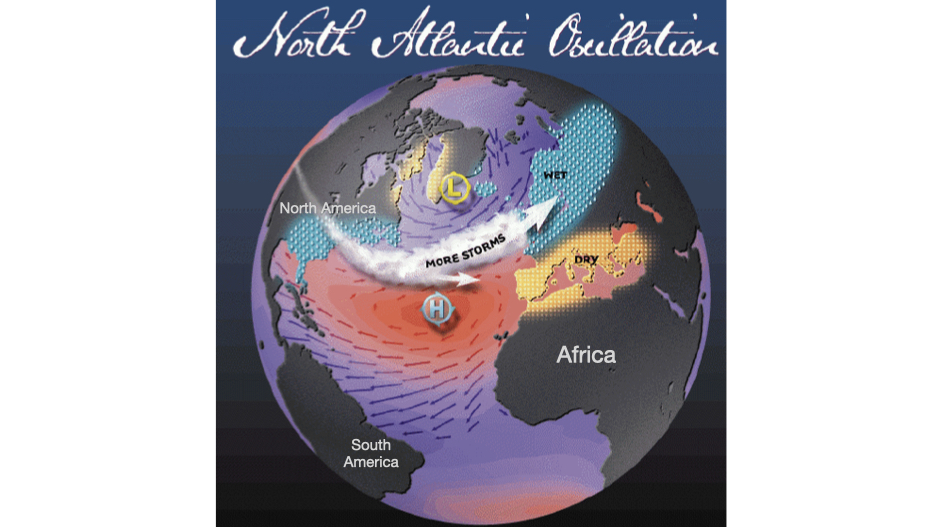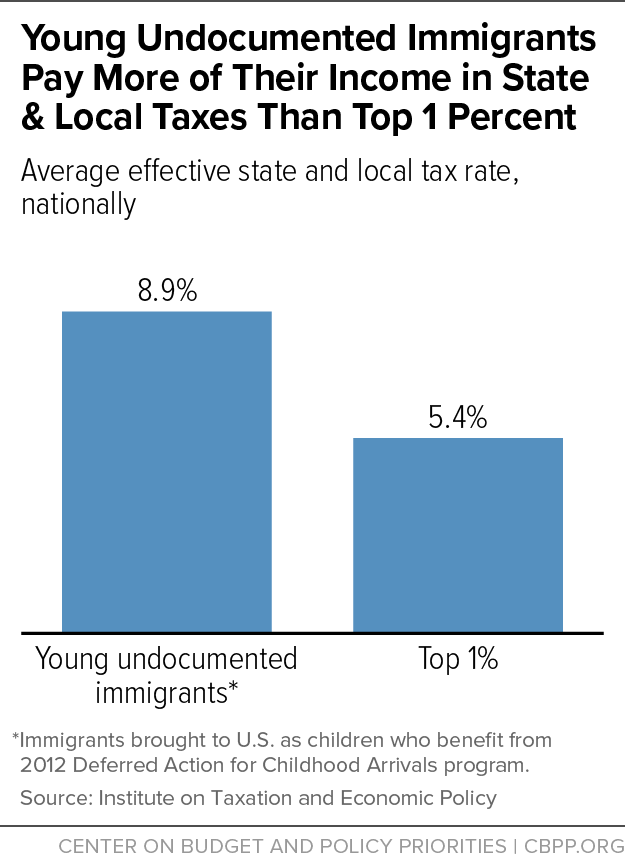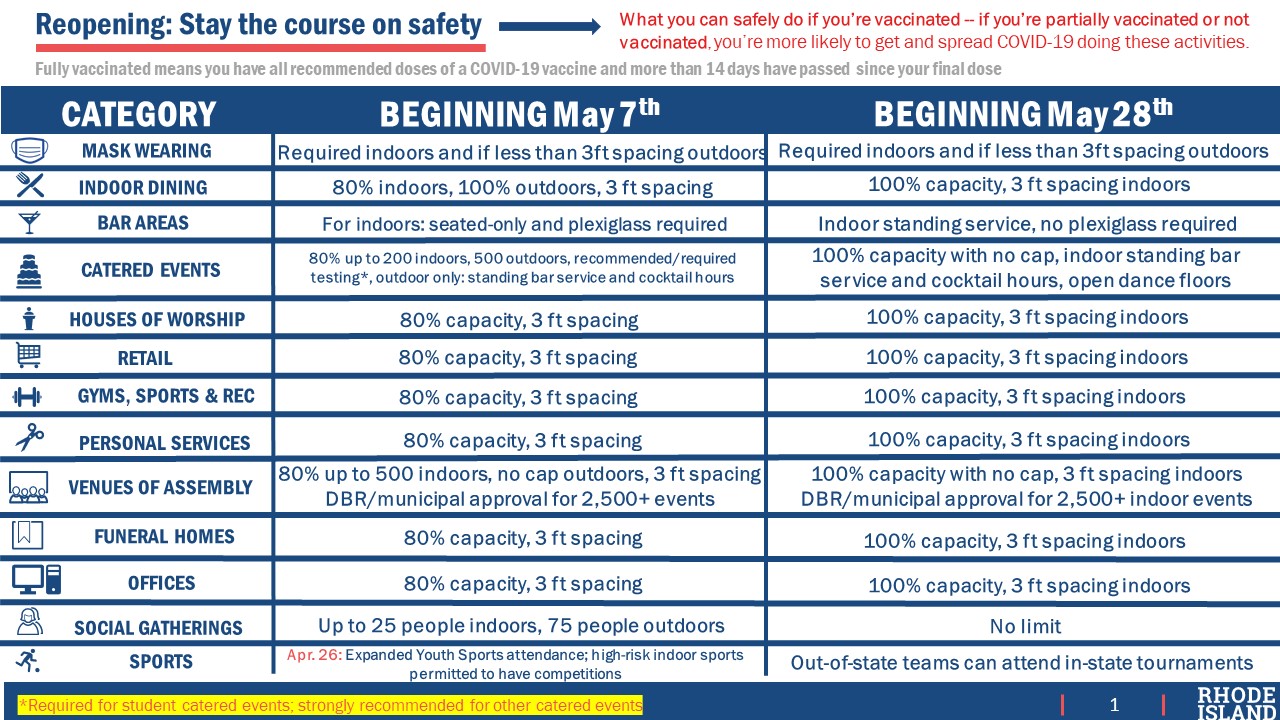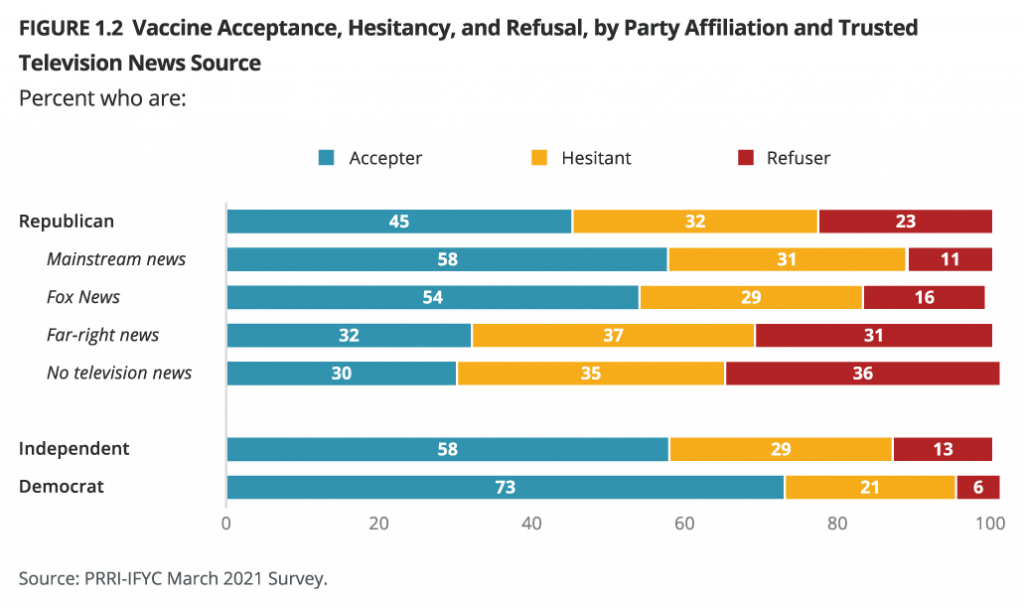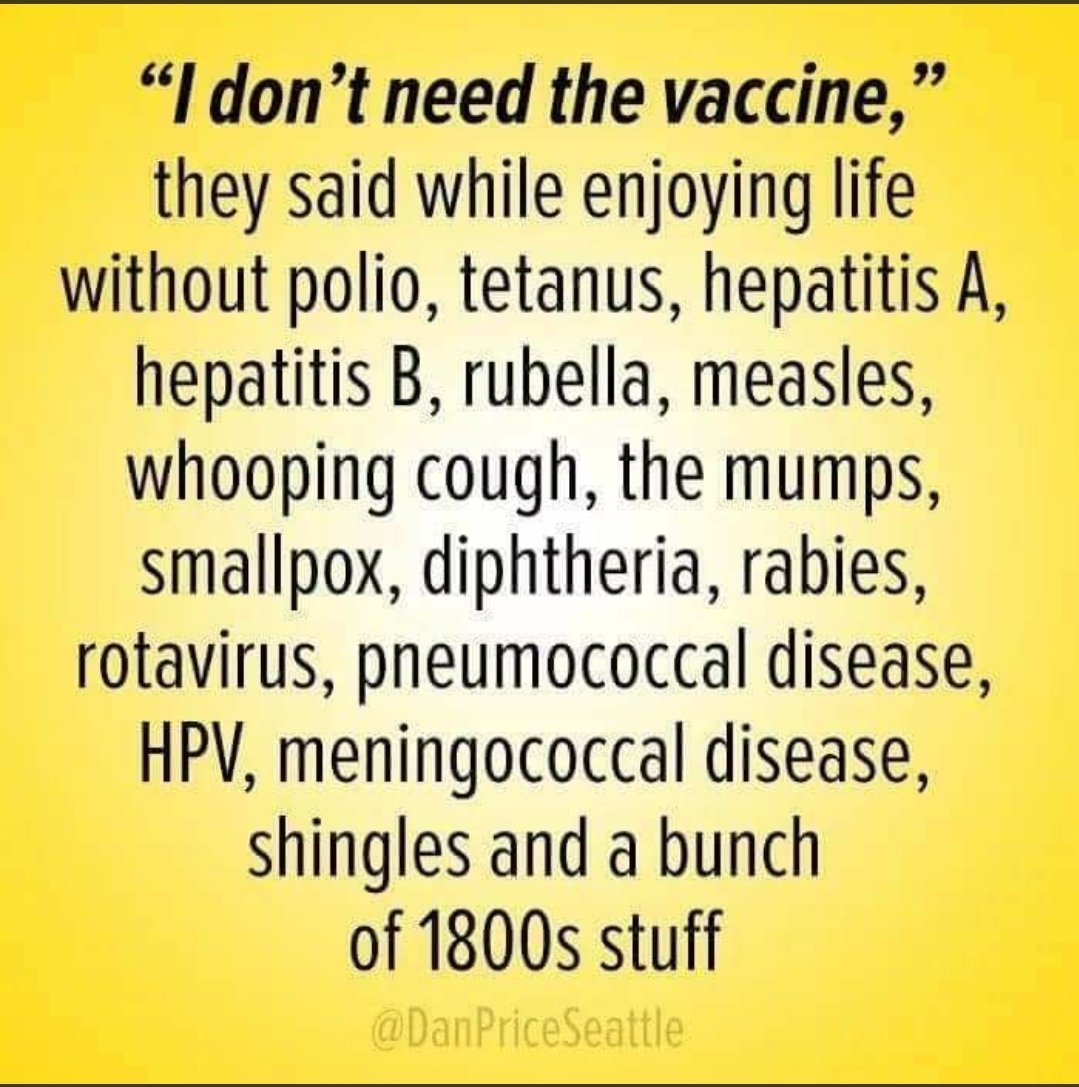New
research shows that people are more likely to rely on algorithms
University
of Georgia
Despite
increasing concern over the intrusion of algorithms in daily life, people may
be more willing to trust a computer program than their fellow humans,
especially if a task becomes too challenging, according to new research from
data scientists at the University of Georgia.
From
choosing the next song on your playlist to choosing the right size pants,
people are relying more on the advice of algorithms to help make everyday
decisions and streamline their lives.
"Algorithms
are able to do a huge number of tasks, and the number of tasks that they are
able to do is expanding practically every day," said Eric Bogert, a Ph.D.
student in the Terry College of Business Department of Management Information
Systems. "It seems like there's a bias towards leaning more heavily on
algorithms as a task gets harder and that effect is stronger than the bias
towards relying on advice from other people."
Bogert
worked with management information systems professor Rick Watson and assistant
professor Aaron Schecter on the paper, "Humans rely more on algorithms
than social influence as a task becomes more difficult," which was
published April 13 in Nature's Scientific Reports journal.
Their
study, which involved 1,500 individuals evaluating photographs, is part of a
larger body of work analyzing how and when people work with algorithms to
process information and make decisions.
For
this study, the team asked volunteers to count the number of people in a
photograph of a crowd and supplied suggestions that were generated by a group
of other people and suggestions generated by an algorithm.
As
the number of people in the photograph expanded, counting became more difficult
and people were more likely to follow the suggestion generated by an algorithm
rather than count themselves¬ or follow the "wisdom of the crowd,"
Schecter said.
Schecter
explained that the choice of counting as the trial task was an important one
because the number of people in the photo makes the task objectively harder as
it increases. It also is the type of task that laypeople expect computers to be
good at.
"This
is a task that people perceive that a computer will be good at, even though it
might be more subject to bias than counting objects," Schecter said.
"One of the common problems with AI is when it is used for awarding credit
or approving someone for loans. While that is a subjective decision, there are
a lot of numbers in there -- like income and credit score -- so people feel
like this is a good job for an algorithm. But we know that dependence leads to
discriminatory practices in many cases because of social factors that aren't
considered."
Facial
recognition and hiring algorithms have come under scrutiny in recent years as
well because their use has revealed cultural biases in the way they were built,
which can cause inaccuracies when matching faces to identities or screening for
qualified job candidates, Schecter said.
Those
biases may not be present in a simple task like counting, but their presence in
other trusted algorithms is a reason why it's important to understand how
people rely on algorithms when making decisions, he added.
This
study was part of Schecter's larger research program into human-machine
collaboration, which is funded by a $300,000 grant from the U.S. Army Research
Office.
"The
eventual goal is to look at groups of humans and machines making decisions and
find how we can get them to trust each other and how that changes their
behavior," Schecter said. "Because there's very little research in
that setting, we're starting with the fundamentals."
Schecter,
Watson and Bogert are currently studying how people rely on algorithms when
making creative judgments and moral judgments, like writing descriptive
passages and setting bail of prisoners.

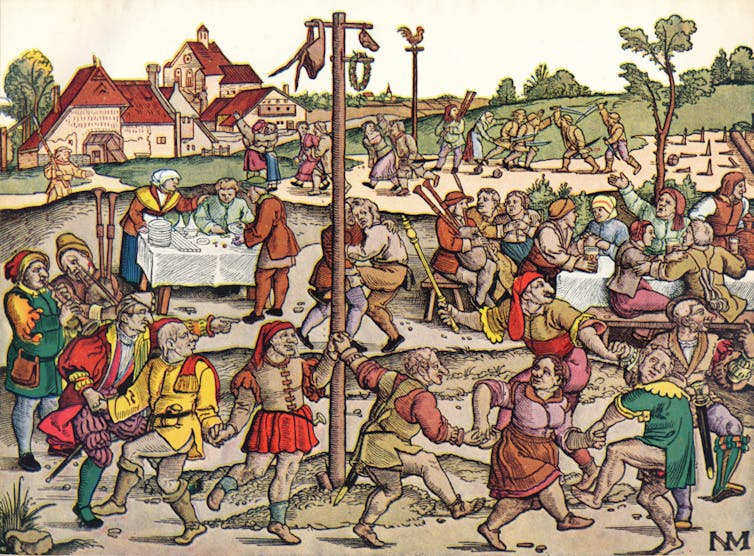


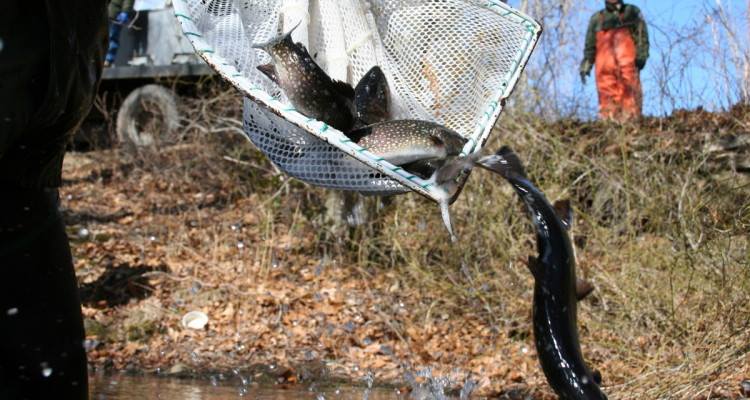
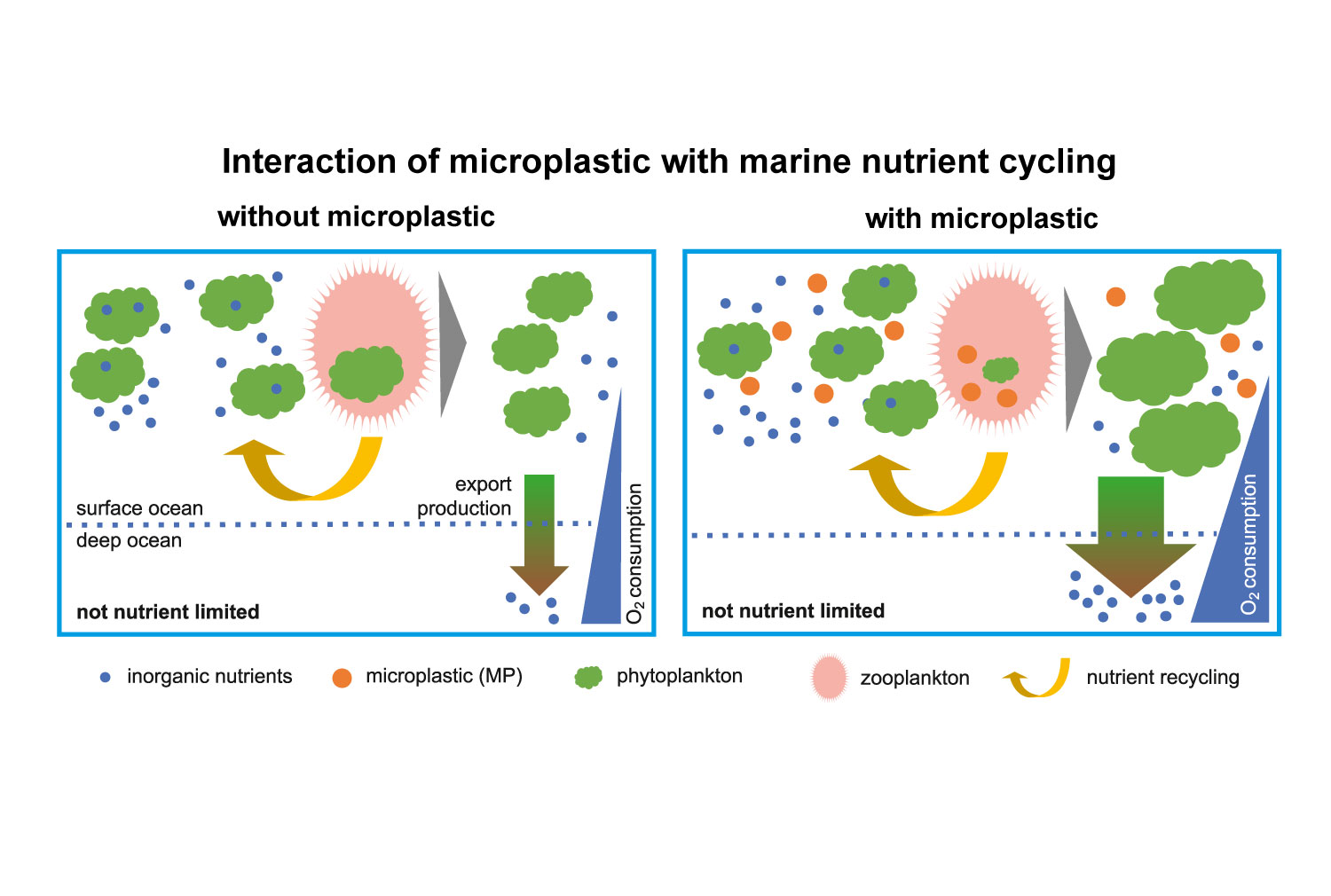











.png?itok=Q4RYIwoB)

